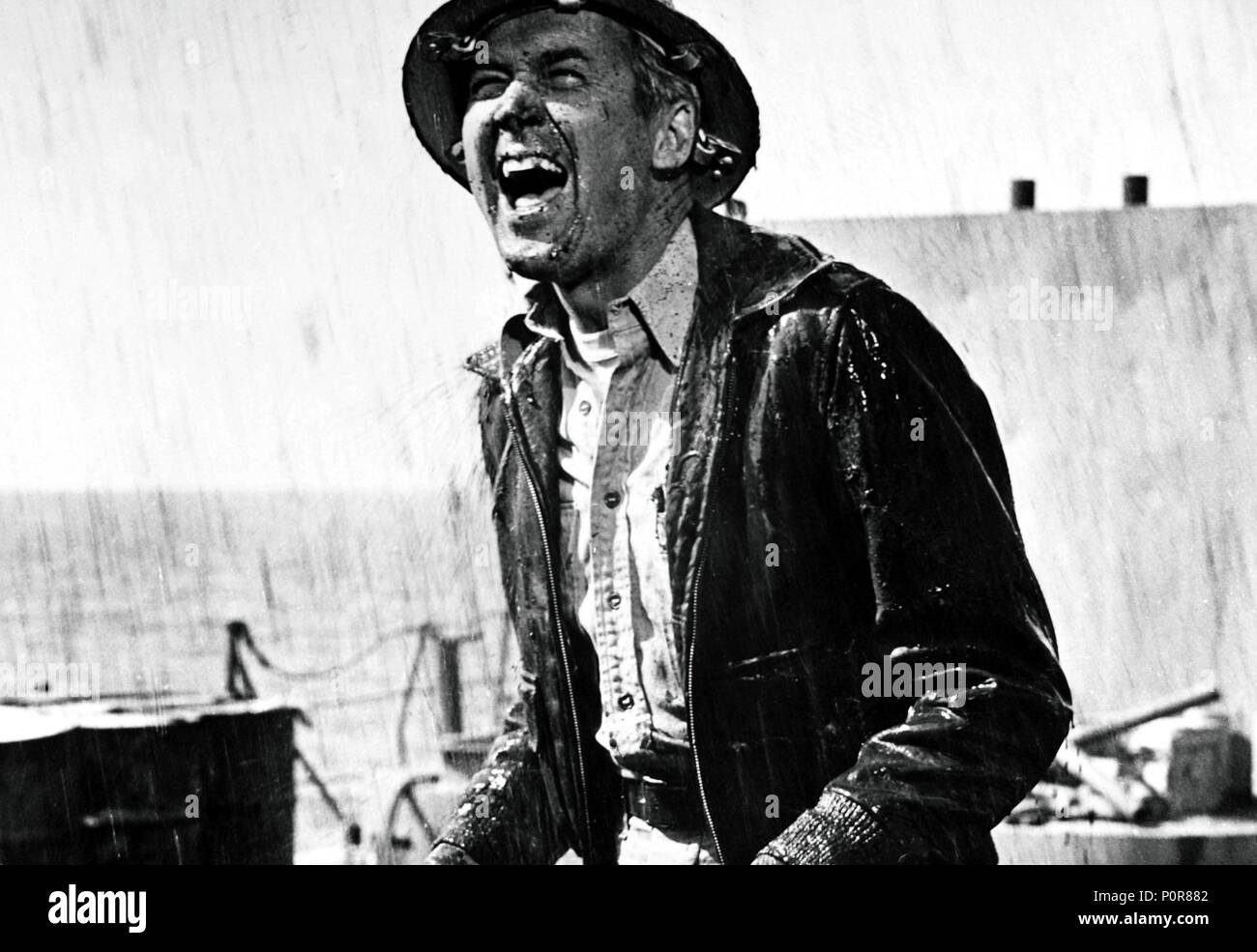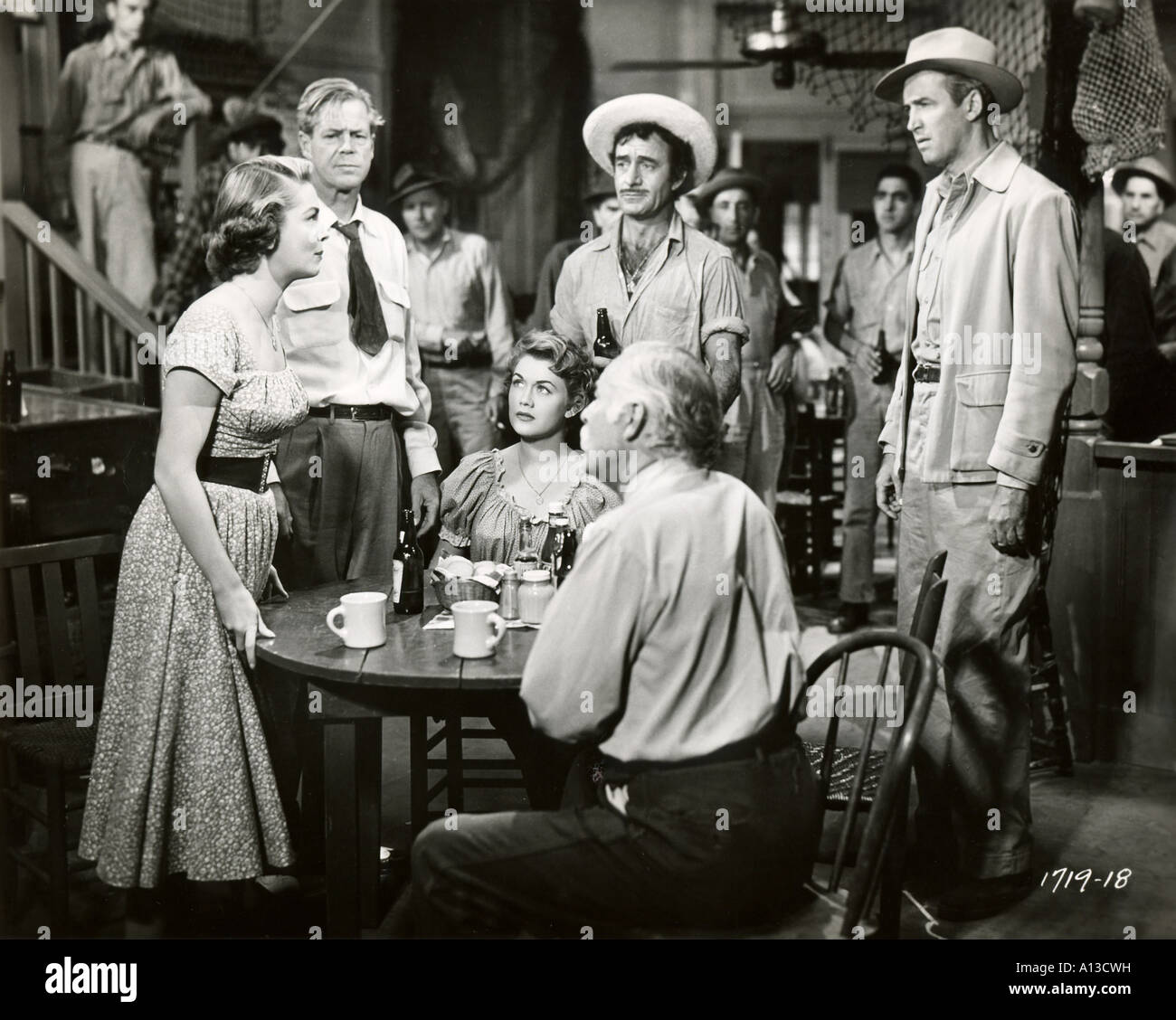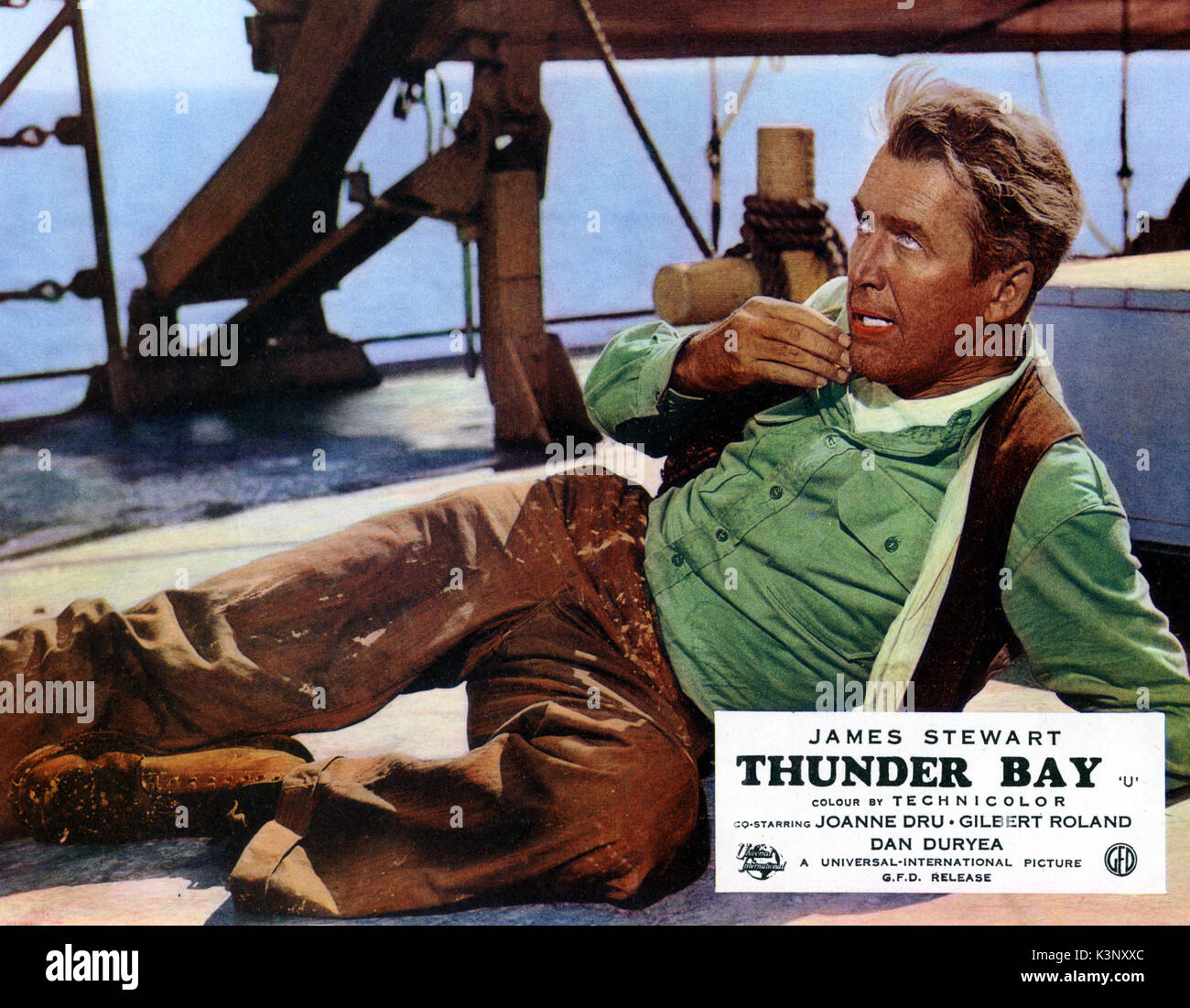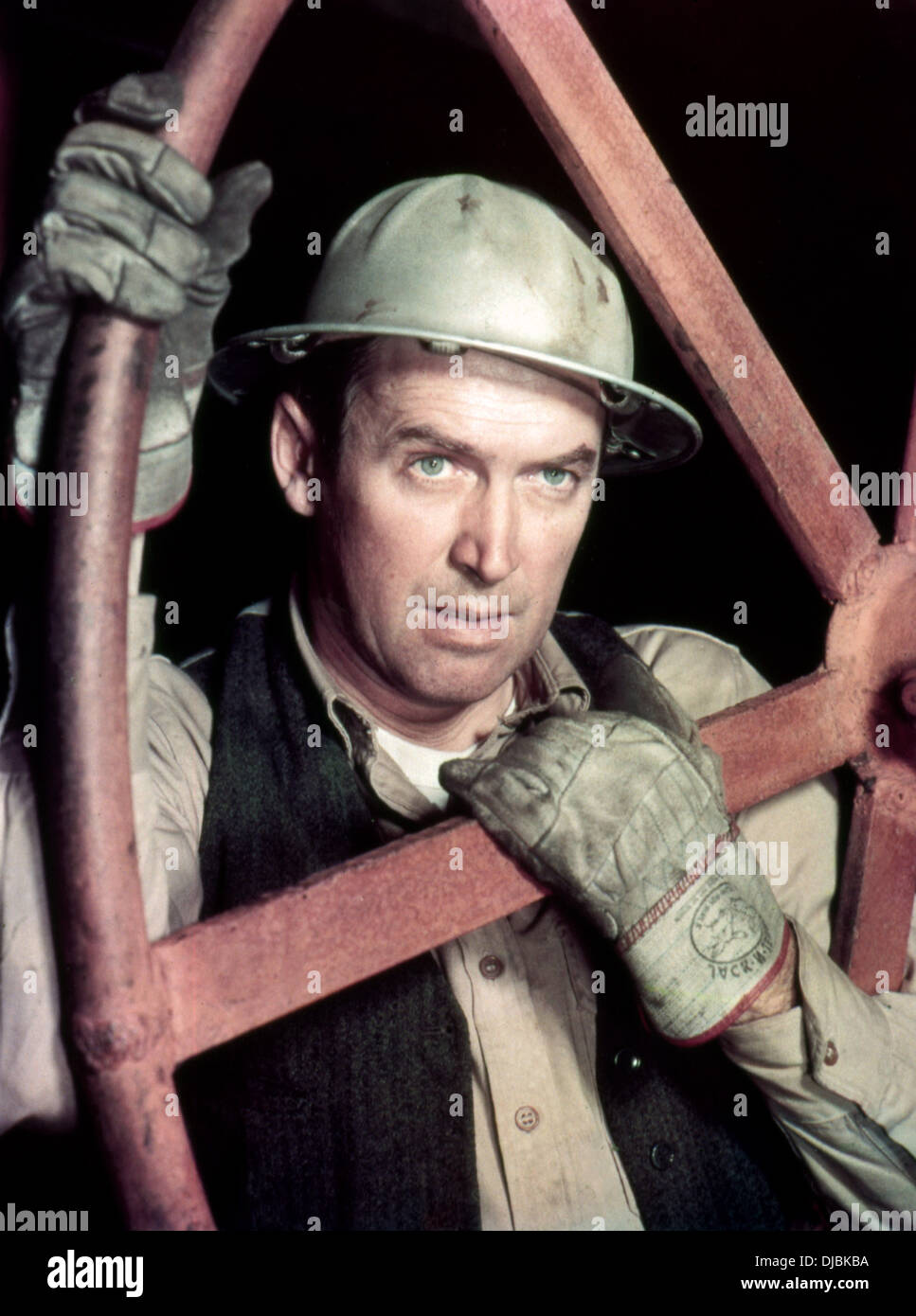Once one of the shrimpers, Teche, learns that golden shrimp, shrimp that have eluded them for decades, are attracted to the rig, interdependence becomes possible. Martin shows Teche the golden shrimp off camera, so when Dominique and the townspeople arrive to take Francesca away, a symbiotic relationship between oilmen and shrimpers is established instead of the continuing conflict Dominique predicts. On camera, Martin tells Teche the golden shrimp foul up their intake valves at night and asks Teche what he might do for him. Teche declares, “What a dumb oil man,” but the ice has been broken and the battle between the shrimpers and oilmen is a short one.
Martin connects that relationship between the two worldviews to Francesca’s marriage to Gambi, telling the townspeople, “She’s here to stay, and so are we,” when they ask for Francesca. “We won’t hurt ya. We never will. You look for one thing in the gulf. We look for something else. That’s the only business…. Without oil this country would die.” The rig begins to shake as if she will blow. “It’s going to be the richest oil field in the world.” And a gusher rushes up the rig: “Cap that thing fast!”
Now both oilmen and shrimpers can reap the benefits of oil drilling in the fantasy narrative on display in Thunder Bay. The oilmen rejoice, covered in oil, and Teche shows fellow shrimpers how to catch the golden shrimp. There are thousands of these wondrous shrimp, and a biotic community is established between oilmen and fishermen. This symbiotic relationship extends to marriage: Gambi marries Francesca, and Martin follows Stella to New Orleans in a truck borrowed from Teche. In a fantastic resolution to a realistic conflict between shrimpers and oilmen, Thunder Bay asserts interdependence, an organismic approach to ecology that suggests human and nonhuman nature can maintain a thriving relationship that benefits them all.





